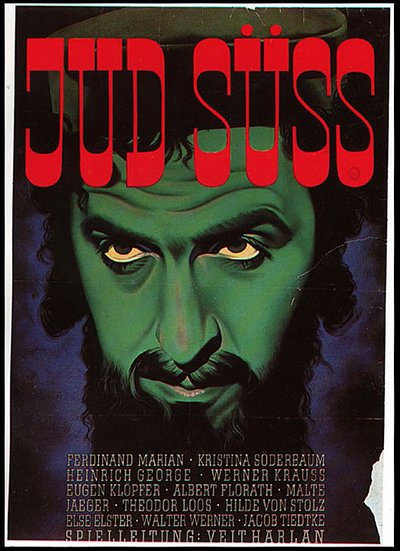
Quote:
If you’ve read the book, this film version comes as a surprise – how does it manage to make so little of so much? Or is it so much of so little? Döblin co-authored the screenplay, which compresses his sprawling novel into a breathless eighty-eight minutes. Of course, much is sacrificed, but the skeleton plot still compares favourably to that of many modern movies. Technically, too, this flick has aged magnificently – considering this is one of the first German films with sound, what we see and hear is a lot smoother than I’d expected. The cinematography is astonishing by the standards of the decades that followed…Read More »





